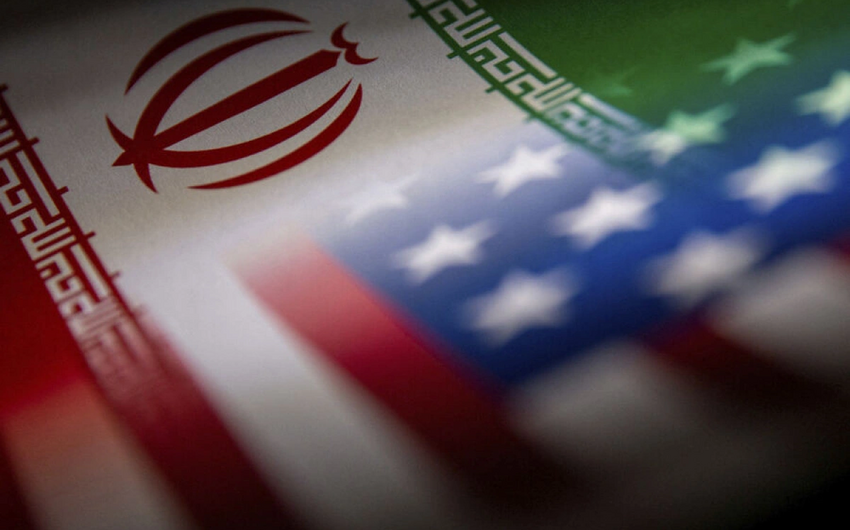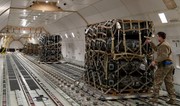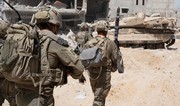The US has called for an end to retaliatory strikes between Tehran and Tel Aviv but said it is "fully prepared" to defend Israel if Iran responds to Israeli attacks, according to a senior American official, Report informs via Anadolu Agency.
“This should be the end of this direct exchange of fire between Israel and Iran," the official told reporters. "Should Iran choose to respond, we're fully prepared to defend Israel and support Israel, and there will be consequences."
The official described the Israeli strikes against Iranian military facilities as "targeted" and "precise," intended to "deter further attacks."
The US urged all countries of influence to pressure Iran to stop the attacks against Israel so that "we can move beyond this direct cycle of attacks," said the official.
That message, according to the official, was communicated to Iran through "direct" and "indirect" channels.
“Over the coming days, we are prepared to lead an effort to secure an end of the war in Lebanon through an agreement that allows civilians on both sides of the Blue Line to safely return to their homes," said the official. "We are also prepared to lead an effort to finally achieve a cease-fire in Gaza together with the return of hostages, which must happen without delay."
White House National Security Council spokesperson Sean Savett told Anadolu that the US was not a participant in the Israeli "operation."
"It is our aim to accelerate diplomacy and de-escalate tensions in the Middle East region. We urge Iran to cease its attacks on Israel so that this cycle of fighting can end without further escalation," he added.
The Israeli military announced Saturday that it completed targeted airstrikes against Iranian military facilities, in response to Iran's large-scale October 1 ballistic missile attack on Israel.
Iran said that it is ready to retaliate against Israeli "aggression."
It said it carried out the October 1 attack in retaliation for the assassinations of Hamas' former political leader in Tehran in July and the killing of Hezbollah Secretary-General Hassan Nasrallah in Beirut last month
Nearly 200 missiles were fired in the salvo, which struck several locations in Israel, including a military facility, but resulted in no fatalities.
The exchanges of fire between Tel Aviv and Tehran have escalated this year after Israel bombed Iran's Embassy in Syria on April 1, killing senior military officials.
Iran responded to that attack two weeks later by launching hundreds of drones and ballistic missiles at Israel.




